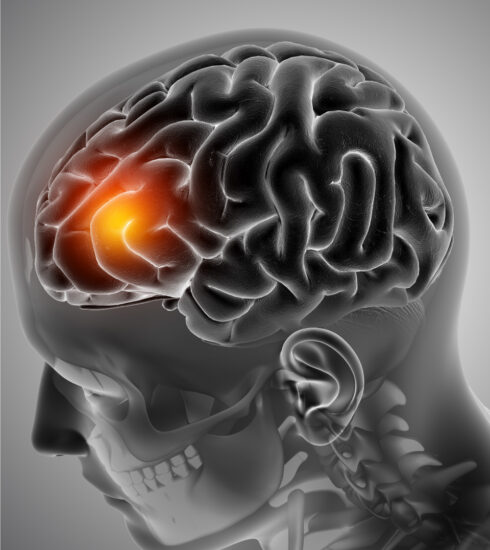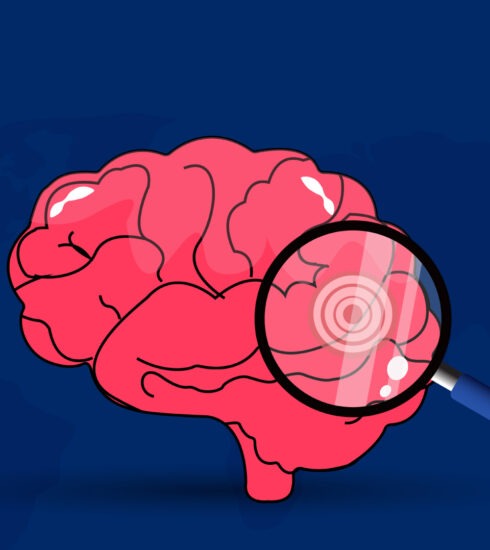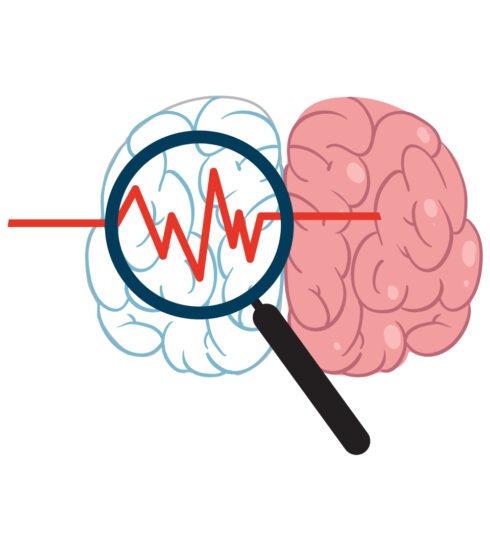Stroke Awareness (Part 4 of 4 : Caregivers Guide )
- Dr. Saumya Mittal, Noida

- April 29, 2024
Stroke Awareness (Part 4 of 4 : Caregivers Guide)
Stroke affects the person that it afflicts. However, it affects the caregivers, commonly the family in Indian scenario, equally if not more. Taking care of patients with stroke is demanding in every way for the caregivers. Here we discuss a few things which a concerned caregiver needs to know.
One needs to know the exact medicines, their dose & their relevant timings for administering the medicines. Knowing the common side effects of these medicines would help both the caregivers & the patients. Besides, the plan of rehabilitation should be clear to the patient. It is the medicines & the rehabilitation measures that not only help the survivor become independent but also reduces the possibility of developing another stroke. These measures also help the patient improve gradually and therefore the caregivers & the patient should stay motivated. Keeping the goals realistic is one of the ways of not losing motivation.
The possible complications that may develop in a stroke survivor need to be known so that the patient can be quickly brought to medical attention if any problem develops. Knowing more about the stroke may help the caregivers anticipate some of the complications. Some of such complications include infections, metabolic derangements, depression, seizures & falls. Learning the correct technique of feeding the patient, cleaning the patient, monitoring the blood pressure, blood sugars & other vital signs of the patient are important & can significantly help reduce the development of complications in these patients. It is always a good idea to have an emergency kit ready that includes the most important documents of the patient’s treatment & even insurance papers in case there is ever a need to rush the patient to a medical centre for help in case of any complication or emergency.
The caregivers need to take care of themselves. This is a very important fact that many people ignore. There should be no hesitation in asking for help from neighbours, friends & support groups. An adequate rest and good dietary & exercise regime need to be instituted for the caregivers as well. You can seek support from staff & people at the primary care centre where the patient has been treated. A regular contact with the facility will help keep abreast the treatment options in lieu of any improvement in the patient’s condition compared to the previous status of the patient as well as the family. It may help get professional help from organizations that help take care of such issues for the family at home. Getting medical insurance may be useful and knowing that the financial burden is shared will always ease the minds of the caregivers.
Taking care of the stroke survivor is essential. Equally important, however, is to take care of your own health. Only a healthy person can truly take care of a stroke survivor.
Disclaimer : This article is meant for educational and informative purposes. Visit your neurologist for a detailed evaluation of a disease.









